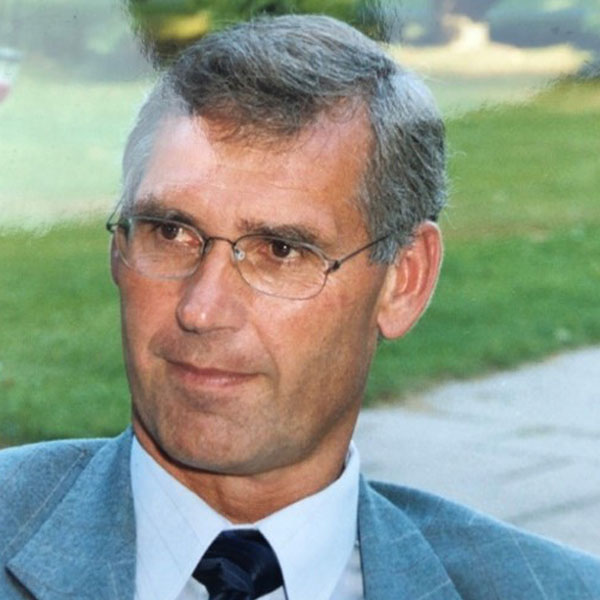With great sadness we have noted the passing away of Professor Johannes Noth on March 10, 2022 at the age of 79 years.
He served the IFCN as secretary during the presidency of François Mauguière (2001-2006) https://www.ifcn.info/docs/history/sdarticle20.pdf. He was chairman of the department of Neurology, University of Aachen, between 1992 and 2011, before that at the Alfried Krupp hospital in Essen between 1984 and 1992 following Thomas Brandt. He was president of the German Society of Clinical Neurophysiology between 1993 and 1994, and president of the German Society for Neurology between 2005 and 2006.
He studied medicine in Göttingen in the late sixties, my later home university. It was in 1974 when during my undergraduate training in Düsseldorf I first became addicted to neurophysiology. Being fascinated by the lectures on spinal cord neurophysiology I approached Professor Noth for a topic for a medical thesis. At that time the Düsseldorf Neurophysiology group was focussing on Renshaw inhibition of autogenic recurrent inhibition of gamma-motoneurons. Though my lack of skilfulness prevented me from pursuing this type of research, and I focussed instead on the psychophysics of colour vision, I was able to monitor Johannes’s progress from next door. I remember an enthusiastic scientist, always restless, pursuing the goal to understand more details of the functioning of the spinal cord. Science was also regularly interrupted by basketball sessions in front of the institute. He was a very tall man, giving him an advantage in this particular sport.
After Düsseldorf he worked with Mathews and Hulliger in Oxford on muscle spindles, with Dietz and Jung in Freiburg on human stretch responses and then returned to Düsseldorf in the department of neurology to work on human neurophysiology, spasticity and reflex studies. Here our ways crossed again. Later he studied grip precision in Parkinson‘s, 600 Hz oscillations after median nerve stimulation, and long-loop reflexes in basal ganglia diseases, to mention a few of his broad neurophysiology interests. Altogether he published 230 papers, many of them single – authored.
Johannes Noth was a unique researcher bridging systemic animal neurophysiology with human neurophysiological research.
He was a very kind person, very communicative, with a smile on his face and a joke on his lips. A measure of his popularity was his being elected Dean of his home Medical Faculty of Aachen Technical University in 2007, the workload of which led him to resign as secretary of the IFCN in that year. The passing away of Johannes Noth is a great loss both scientifically and personally.
Our thoughts are with his family, in particular with his wife Gunhild.


